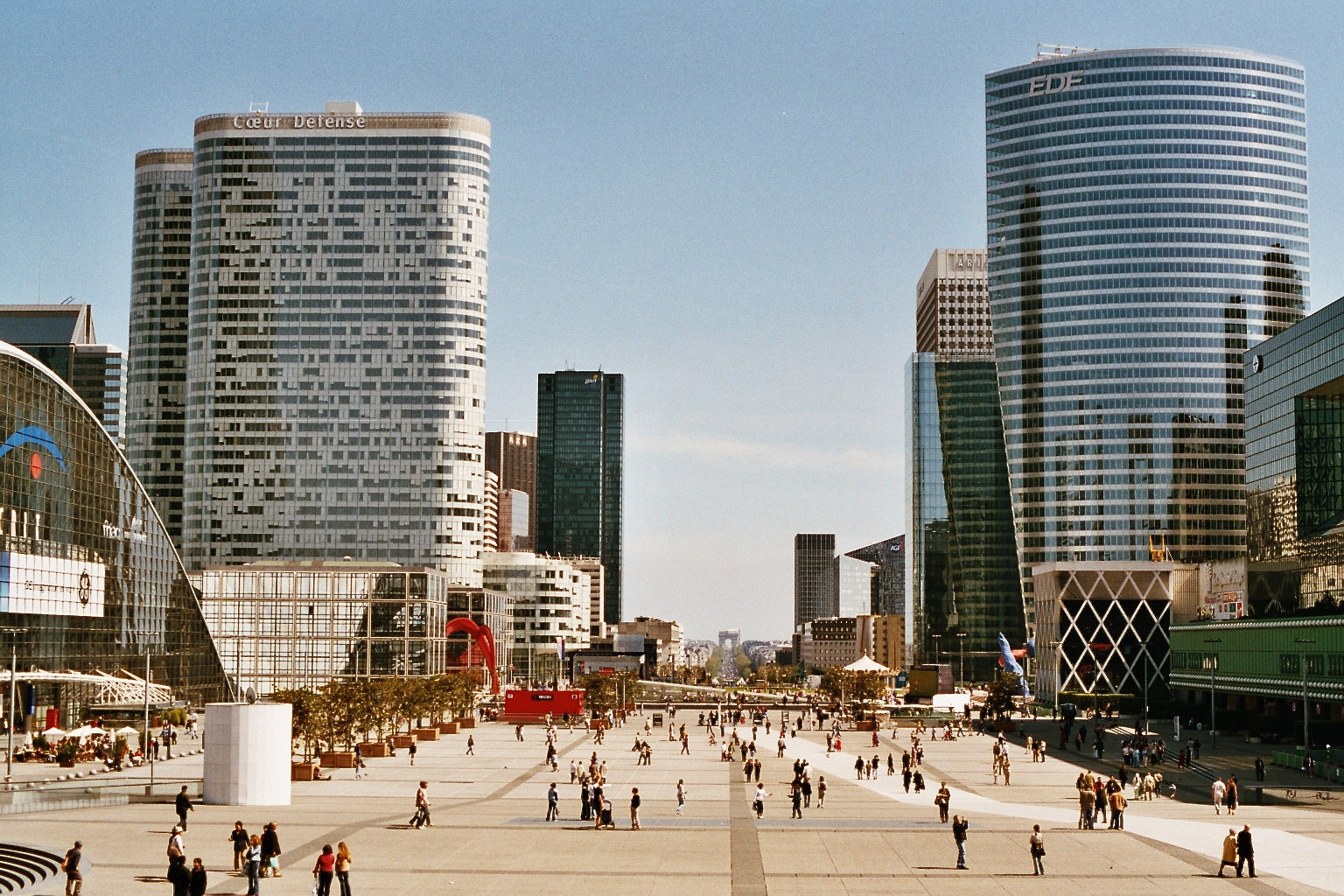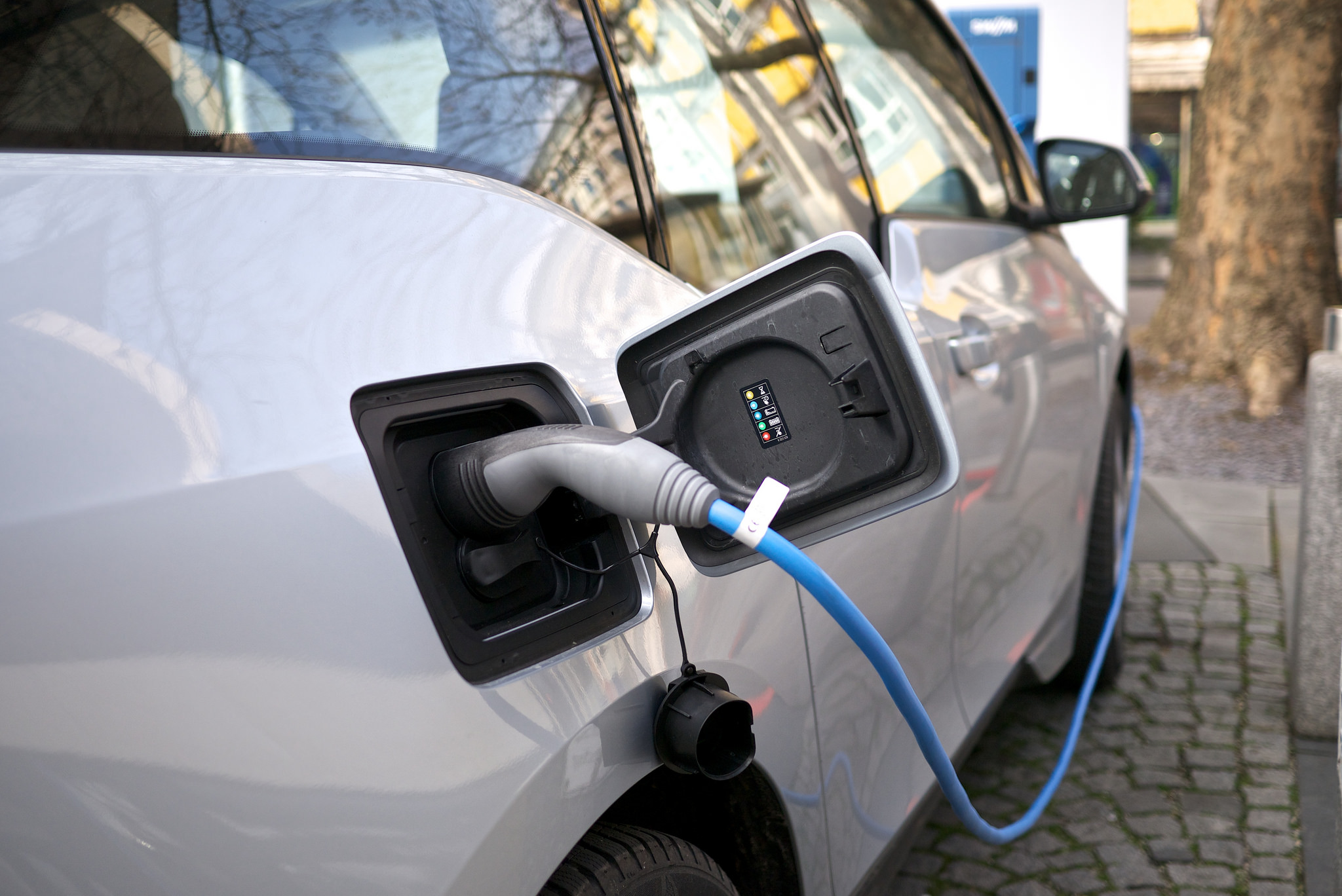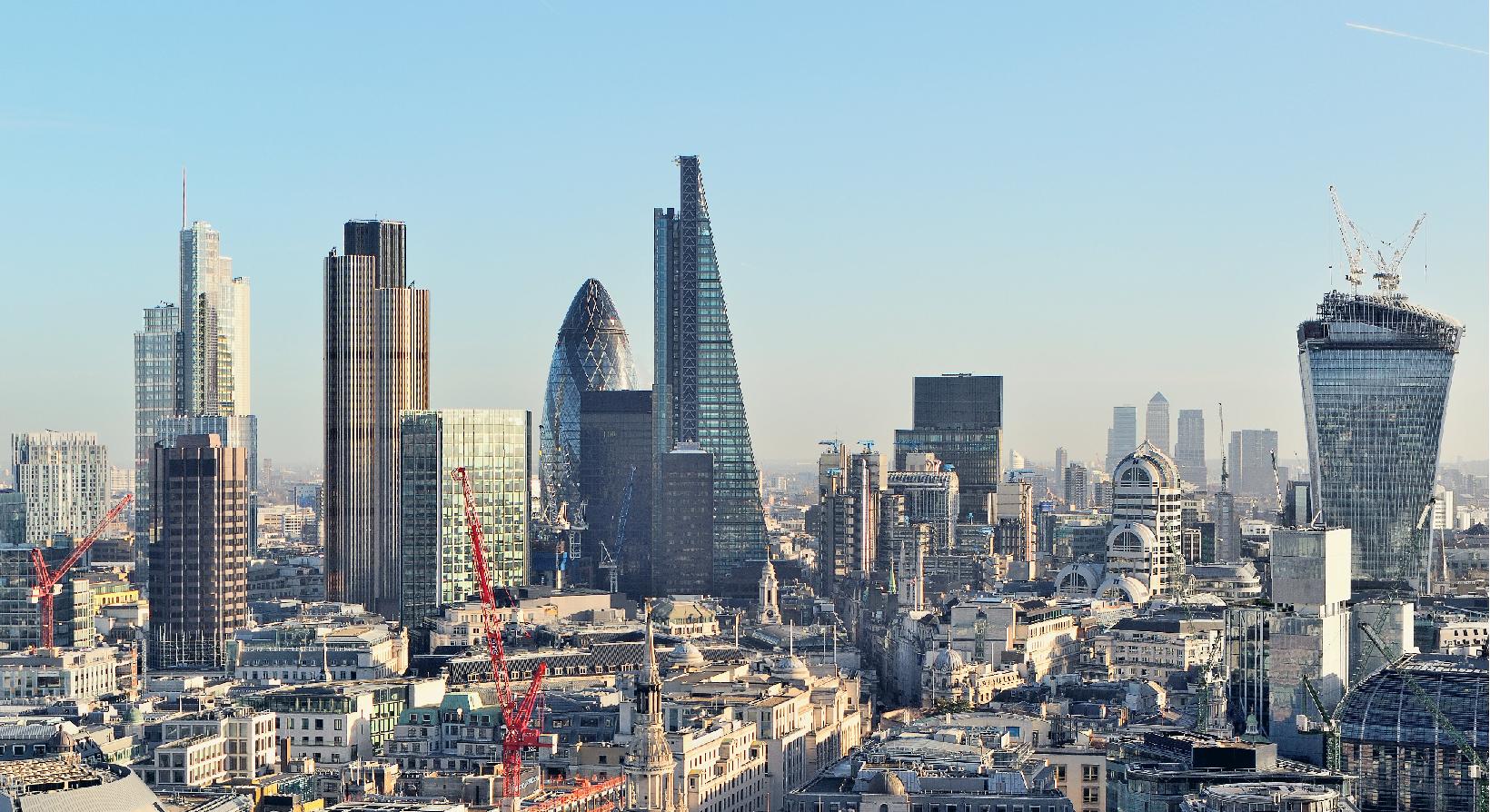Following the 2010 debt crisis, Europe attempted to pick up the pieces of its tattered monetary union and economy. France is the Eurozone’s second largest economy with a nominal Gross Domestic Product (GDP) of $2.8 trillion. But the country famous for its fashion, wine, cheese, and tourist attractions is suffering. Unemployment is hovering around 10% of the population. Real GDP growth remains sluggish at 0.9%. Gross Public Debt is an astronomical 98% of GDP totaling nearly $2.7 billion. France, even if not deathly ill, is running a fever.
In 2014, the government of François Hollande finally conceded that France was entering a period of recession. In spite of inflated growth projections they issued a year earlier, the government conceded that drastic reforms would be needed in order to get the economy back on track. As newly minted French Economic Minister Emmanuel Macron stated, “France is sick, it’s not well. We have to describe the situation as it is.” And it’s a good idea that the economic minister tells it like it is. The OECD projects in 2015 and 2016 that “weak business confidence is still weighing heavily upon investment in the country implying a delayed pick up in hiring and only a marginal decline in unemployment”.
France also has one of the smallest full-time labor forces (when compared to total population) in Europe. In 2012, the country reported that only 71% of the working population aged 15-64 were employed: the lowest of any OECD country. Moreover, unemployment in the country refuses to dip below 10%. This is a potential black eye for the Hollande government which doesn’t fancy itself similar to Italy, Greece or Spain where unemployment is rampant.
France is not immune from union-wide economic shocks either; low-inflation, the bane of many post-debt crisis Eurozone economies, has taken its toll on the domestic consumer market. Increasing the burden and difficulty of making debt-repayments, low-inflation is putting a tight squeeze on domestic spending leading to falling prices across many industries. Additionally, real growth in GDP per capita, usually a strong indicator of economic output per head, is lagging behind many other Eurozone members like Spain, Germany, and Sweden further strangling domestic spending.
Ultimately, all of the above have contributed to France’s poor economic performance. In response, President Hollande introduced the ‘Responsibility Pact’, the cornerstone of his economic recovery plan. Its key features center on business friendly tax breaks and lifting restrictions on France’s archaic labor market. Approximately €20 billion in tax credits is to be given to businesses across the country. Coupled with this break, the Hollande administration proposes a €30 billion reduction in labor costs. This latter proposal will be made permanent through the Responsibility Pact meaning that businesses (both large and small) will no longer have to make costly family benefit contributions.
So what is President Hollande hoping to get back from this enticing proposal? His government will offer cuts in return for promises from major business sectors to increase full-time job creation. Hollande’s government has even attacked the sacred cow of French society – the 35-hour workweek, in order to appeal to employers to increase hiring and job creation. Despite this radical departure in policy, unemployment remains uncomfortably high at 10.3% or 2.7 million by the second quarter this fiscal year. Clearly, Hollande’s pact is not generating the kind of results he hoped for.
The Responsibility Pact is also having a significant effect on the political landscape of the country. For Hollande, this pact is a bold attempt at silencing domestic and international critics. According to the President this pact represents “ the largest social compromise proposed to the country for decades.” Critics, however, are not impressed. On one hand, he must contend with the beady eye of Brussels where the European Union is all too worried about other Eurozone members turning into another Greece.
On the other hand, Hollande has been lambasted domestically from both left and right. The President must contend with the rise of far-right political elements like Marion Le Pen’s National Front Party, which advocates a complete withdrawal from the EU system, and parts of the left which believe that untargeted tax cuts are inefficient in promoting widespread job creation. They argue that spending cuts on social security in an age of recession will further depress consumer demand. Rebellious factions within his own party threaten to derail the President’s plan. Hollande is caught in a political quagmire; and nothing short of a recovery will give him breathing room. He must deliver results, or at least appear to be generating growth, in order to stay afloat.
The French experience is a sobering look into the future of other recovering European economies. Public debt must be brought under control and a steadfast and even commitment to labor market liberalization must be completed to meet long-term deficit reduction targets. Likewise, President Hollande should continue to pursue structural reforms in order to boost GDP growth and include larger portions of the working population in the economic recovery. For François Hollande, the end of 2015 will mark a point of no return in his quest to rescue the economy. With mounting political pressure and his five-year mandate expiring in 2017, Hollande must make his decision: steam ahead or abandon ship.




